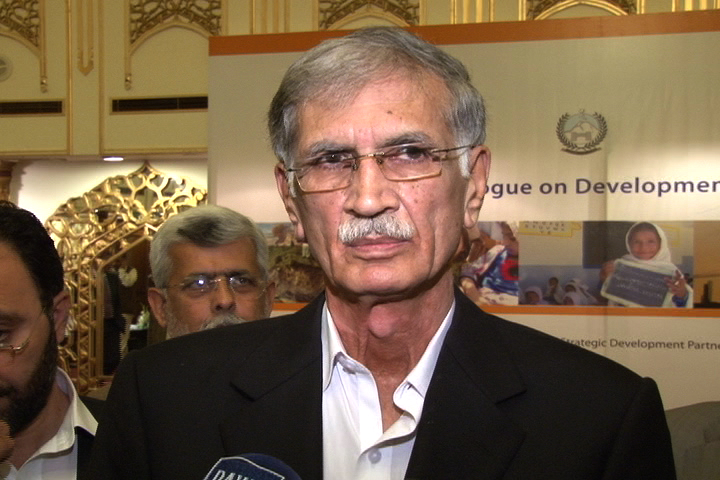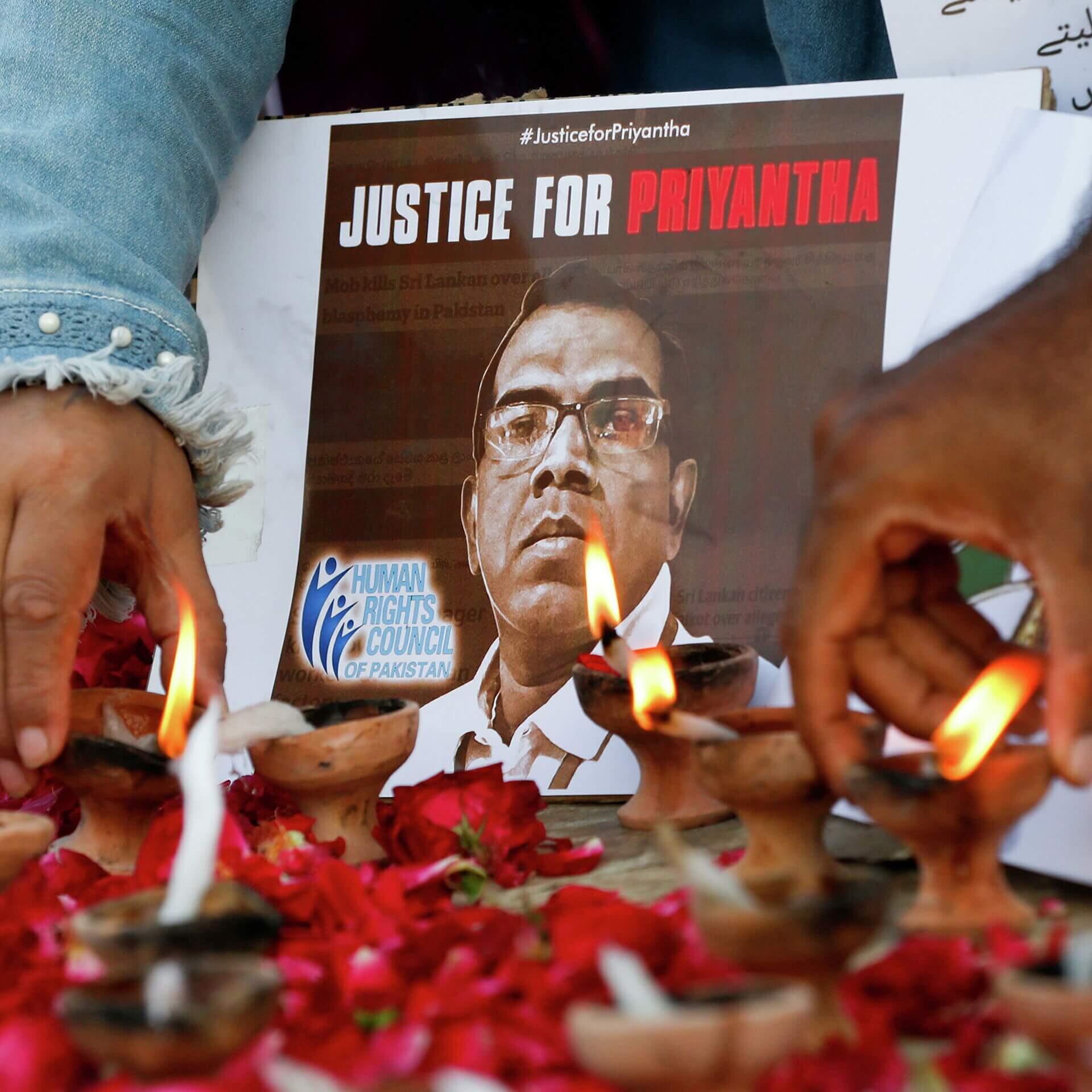On Wednesday, the Pakistani Army condemned last week’s lynching of a Sri Lankan factory manager by members of the extremist group Tehreek-e-Labbaik Pakistan (TLP) in Sialkot, saying it has “zero tolerance” for such acts of mob violence.
Last Friday, Priyantha Kumara Diyawadana, a Sri Lankan citizen, was attacked by an angry mob of around 800 men at a garment factory where he served as a general manager. Reports suggested that he was tortured and lynched, and eventually set on fire. The attack was allegedly instigated after Diyawadana tore and threw away a poster of the TLP that had Quranic verses on it, which the TLP supporters believed to be an act of blasphemy.
The episode attracted criticism from Pakistani Prime Minister Imran Khan and Sri Lankan President Gotabaya Rajapaksa. Khan called it a “horrific vigilante attack” and said it was a “day of shame” for Pakistan. He also vowed to hold those responsible accountable for their actions; around 120 people have already been arrested. Meanwhile, Rajapaksa said the “act of barbarism” had shocked the Sri Lankan people.
Following the incident, Pakistani Defence Minister Pervez Khattak dismissed claims that the incident can be attributed to the government’s recent decision to un-ban the TLP. He said that incidents like the one in Sialkot “can happen when people get emotional,” adding that “youngsters fight and murders take place [at times].”

Sri Lankan politicians subsequently demanded an apology from Khattak for his controversial remarks. Public Security Minister Rear Admiral (Retd.) Sarath Weerasekara said, “Pakistan’s minister of defence must apologise to the people of Sri Lanka for those remarks.”
Khattak’s comments also attracted criticism from Pakistani media, with Dawn arguing that he had trivialised a serious incident. The publication asserted that such remarks “create an impression that such killings are somehow a ‘normal’ part of growing up in a country where religion can be used to justify the crime.”
Amid the widespread backlash, Khattak clarified that he “vehemently condemns” the attack and that “Islam does not allow the killing of humans, irrespective of their religious beliefs.”
The furore surrounding his comments subsequently pushed the Army to release a statement that condemned the “heinous lynching incident” and stressed the need to “eradicate extremism and terrorism from the country.”
Pakistani authorities have already charged 800 people, and 13 prime suspects and 118 others have been arrested in connection with the incident. The country continues to struggle with religious extremism, which many argue is legally protected. The country’s blasphemy law criminalises acts that disturb religious assemblies or distort religious places or objects. It also prohibits any statement that insults religious beliefs. There are concerns that citizens are taking these laws into their hands, as witnessed in Sialkot.

